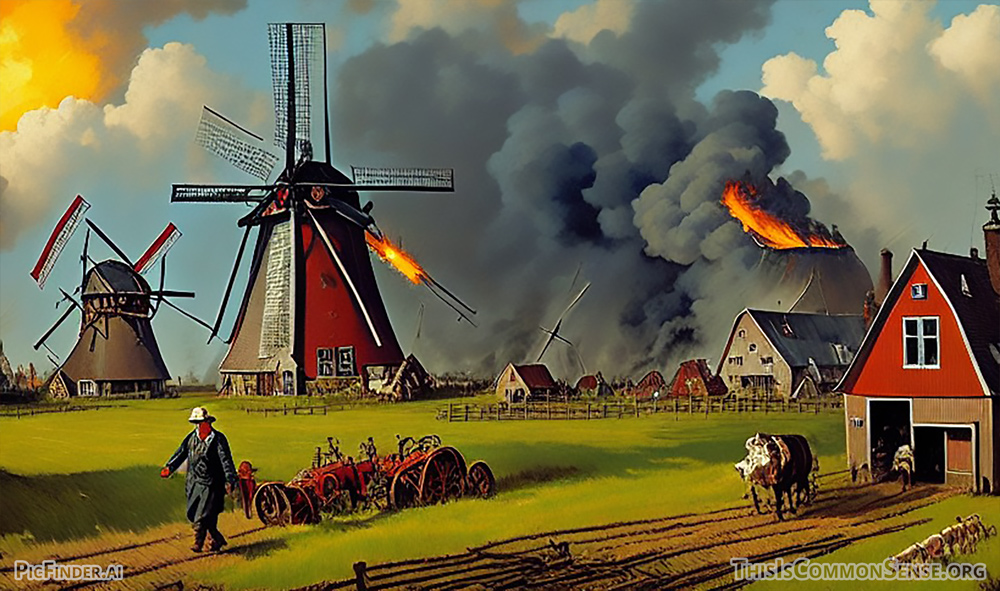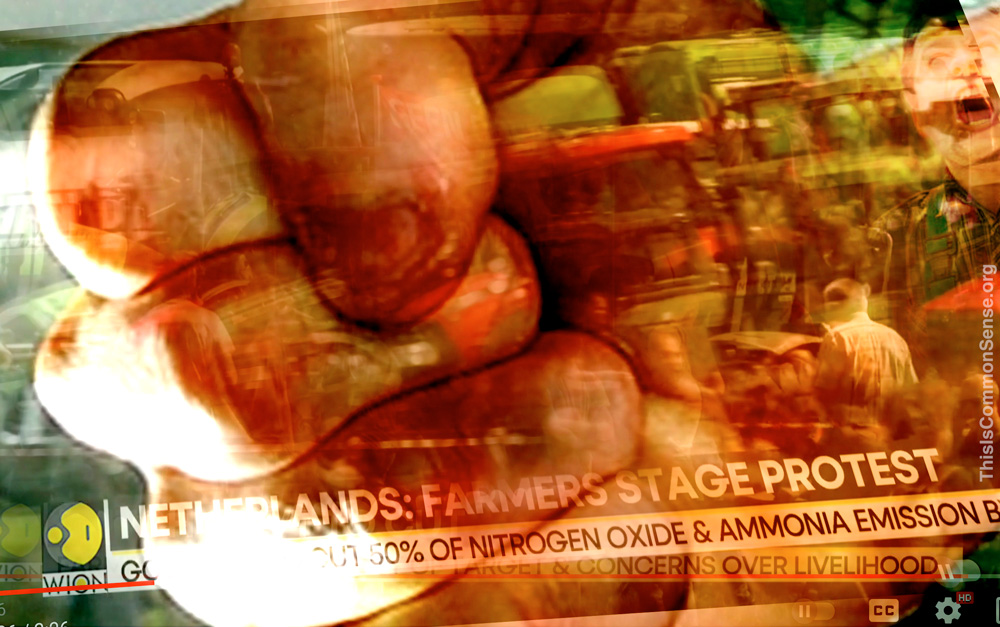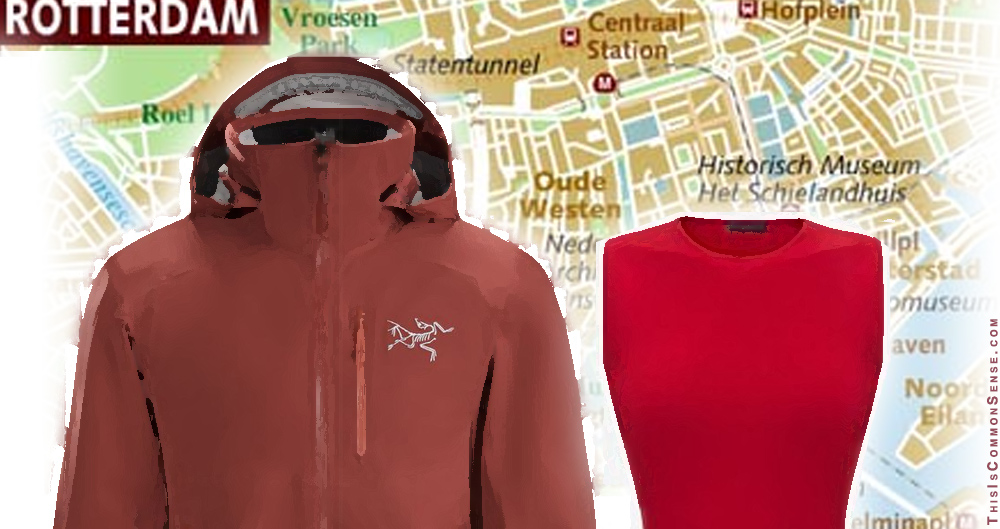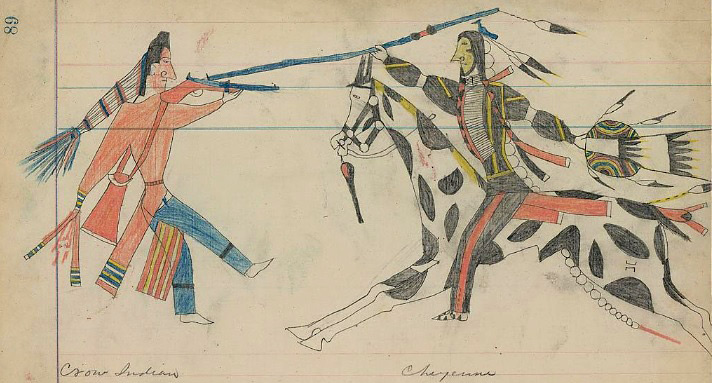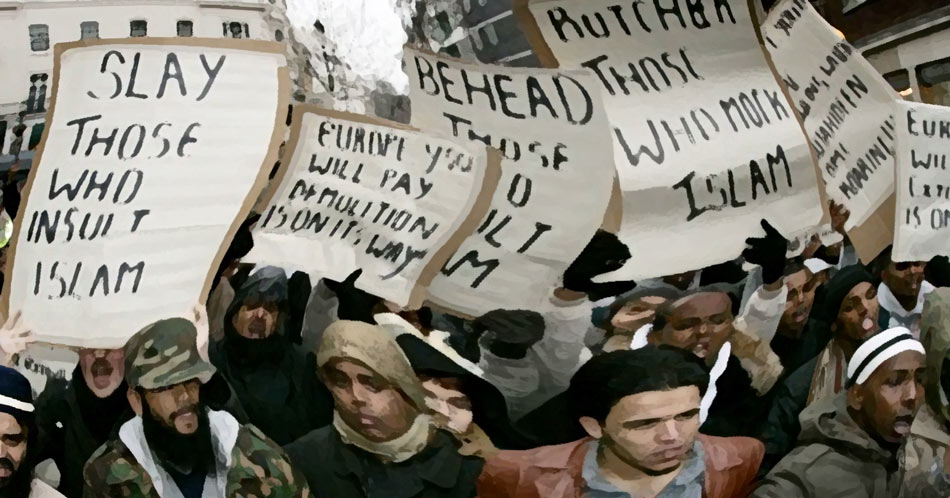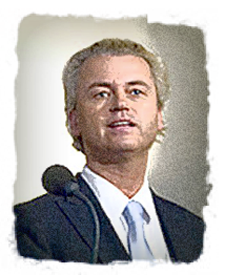Dutch farmers are making progress.
As we’ve noted, farms in the Netherlands or any other European country should not be destroyed on the altar of cockamamie EU climate goals.
Dutch farmers have been calling attention to their plight by clogging the streets with tractors. What may have a longer-term salutary effect is the showing that their new party, BoerBurgerBeweging (Farmer Citizen Movement), which didn’t exist five years ago, has made in the recent Dutch election.
The election had the largest voter turnout in 30 years, and the BBB are expected to secure 15 Senate seats with about 20 percent of the vote. While that may not sound like a lot if you’re used to a two-party system, but eighteen parties are represented in the Dutch parliament.
A Green-Labour alliance is also expected to win 15 seats. The ruling four-party coalition of Prime Minister Mark Rutte, all in favor of the assault on farmers, is losing eight seats and will have 24 seats.
Wopke Hoestra, a leader of one of the government parties, said that the BBB showing was “a landslide we haven’t seen for years.” His party’s traditional farmer support “has evaporated,” reports UnHerd.com.
Hoestra: “It is an extraordinarily bitter pill.”
Aw gee. The Dutch central planners have been trying to strangle agriculture and deprive Dutch farmers of their livelihood, and the farmers — along with people who eat stuff grown on farms — don’t appreciate it!
Perhaps alienating 100 percent of a major constituency doesn’t always pay off.
This is Common Sense. I’m Paul Jacob.
Illustration created with PicFinder.ai
—
See all recent commentary
(simplified and organized)
